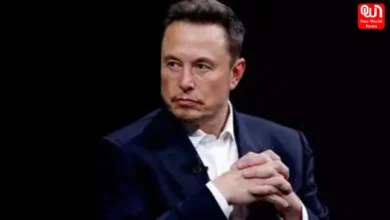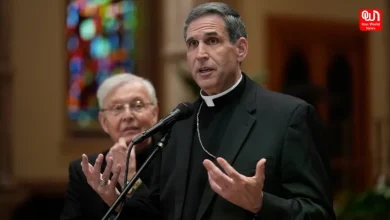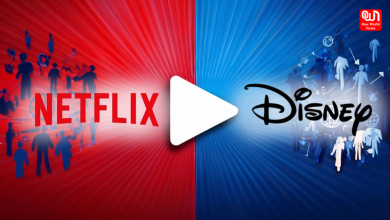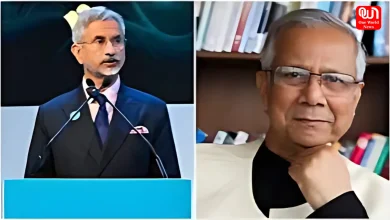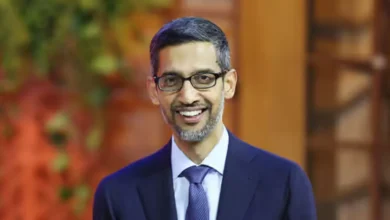Should the Internet be a Fundamental Right?

Explained: Pros & Cons of making the internet a Fundamental Right
Following suit of what the Kerala High Court had said, the SC has said that access to the Internet falls under Article 19 of the Constitution and is a fundamental right.
Article 19 (1) (a) of the Constitution which gives the right to freedom of speech and expression
Article 19 (1) (g) gives the right to practice any profession, trade or occupation.
The importance of the internet in today’s world cannot be denied. It is one of the most significant aspects of our life and we have come to become increasingly dependent on it.
With the rising number of unrest that our country is witnessing these days and how the one-stop solution for the Government seems to be blocking the internet connection, it makes it imperative for us to answer this question.
Here are some instances where the Government blocked the internet-
- It is now more than five months since the internet has not been restored in Kashmir. Only recently has broadband been restored in certain hospitals, health centers, and offices.
- Assam saw the internet being taken away after the eruption on protests against the new Citizenship Act.
- Instances of the internet shut down for a few hours to days were seen in various places such as Delhi, West Bengal, Uttar Pradesh, etc in the wake of protests.
According to Internet Shutdown, a portal that tracks incidents of internet shutdowns in 2019 alone 106 incidents were recorded.
What is the reason for blocking the Internet?
In order to maintain peace, law, and order, the Government blocks the Internet. With access to the Internet, information (both correct and incorrect), spread like wildfire and it becomes difficult to control such a situation where misleading information is spread.
Read more: What is MDR & the impact of MDR Waiver?
Ruling by Kerala High Court
It was only a month back that Kerala HC had held that ‘Right to Internet Access’ is a Fundamental Right. It comes under the Right to Education and Right to Privacy under Article 21.
The right to the Internet is also seen as being a major constituent of Article 19 of our Constitution guaranteeing the freedom of thought and expression.
This right to internet access has also been recognized as a fundamental right by the United Nations. Various countries such as Finland have declared it as a basic human right.
So the question that still remains is, whether the Internet should be enshrined as a fundamental right in our Constitution?
Access to the internet should be recognized as an important basic right. Its importance cannot be denied, but making it a Fundamental Right is a step that should be trodden carefully. Certain restrictions have to be kept in mind considering the flip side of the technology-dependent world and dark things that can take place due to the internet. As India is still a developing country, where digital literacy is widely absent, before making the Internet a Fundamental Right, it must be vetted out.
Have a news story, an interesting write-up or simply a suggestion? Write to us at info@oneworldnews.com

